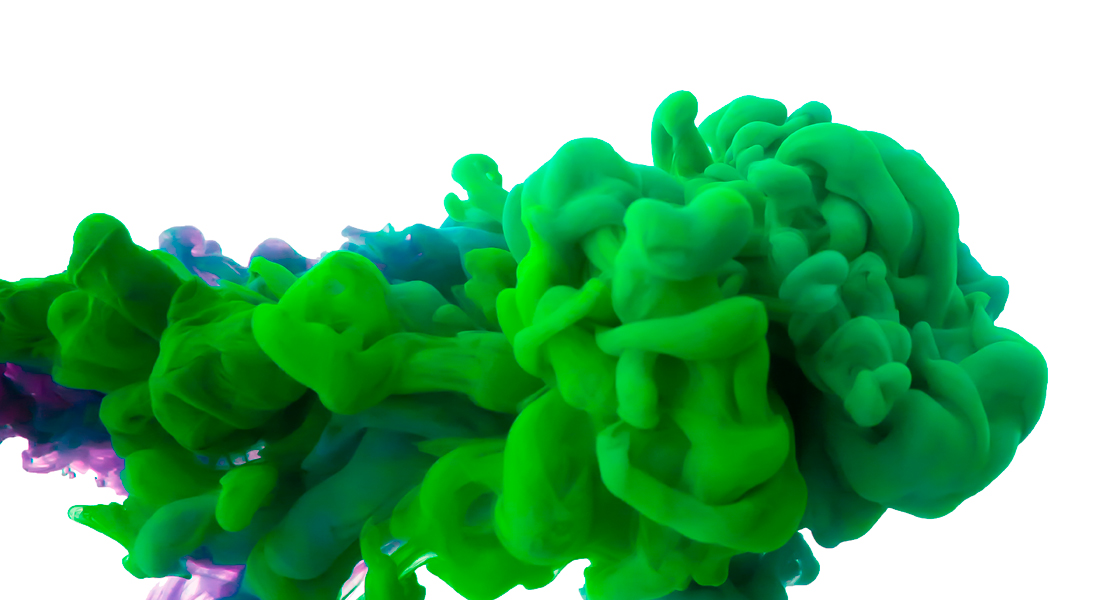SODAS Data Discussion 10 June 2022

Copenhagen Center for Social Data Science (SODAS) aspirers to be a resource for all students and researchers at the Faculty of Social Sciences. We therefore invite researchers across the faculty to present ongoing research projects, project applications or just a loose idea that relates to the subject of social data science.
The rules are simple: short research presentations of ten minutes are followed by twenty minutes of debate. No papers will be circulated beforehand, and the presentations cannot be longer than five slides.
Presenter: Yevgeniy Golovchenko, Department of Political Science and SODAS, University of Copenhagen (co-authored work with Jonas Skjold Raaschou-Pedersen, Kristina Aleksandrovna Pedersen and Anna Rogers)
Title: Censorship on YouTube During Russia's Invasion of Ukraine
Abstract: The war in Ukraine takes place both on the battle fields as well as the information space. A lot of attention has been given to “information warfare” in the form of production and distribution of propaganda and disinformation on social media. However, the struggle for “truth” takes also place in the form of information control – both in Russia as well as liberal democracies. Using data from YouTube, one of most popular social media in the world, we examine the effects of Russian censorship laws as well as YouTube’s own effort to curb Russian state-affiliated propaganda on commenting engagement. With the empirical results we hope to contribute to the ongoing debate within the broader public as well as censorship scholarship on the effectiveness of online bans.
- - - - - - - - - - - - - - - - - - - - - - - - - - - - - - - - - - - - - - - - - - - - - - - - - - - - - - - - - - -
Presenters: Frederik Hjorth and Cathrine Kjær, Department of Political Science and SODAS, University of Copenhagen.
Title: Public Support for Wartime Communication Bans
Abstract: On March 2nd, 2022, the European Commission banned Russian state-controlled media outlets RT and Sputnik for all EU operators with reference to the 'systematic disinformation over Russia's invasion of Ukraine'. Critics of the ban argued that by curbing free speech, the ban compromises foundational principles of liberal democracy. The ban and the ensuing debate reignite a perennial tension in liberal democracy: is it permissible to restrict communication in the name of national security and who should be the primary actors when it comes to decisions like these? In a pre-registered survey experiment on a representative sample of Danish citizens, we investigate levels and predictors of public support for bans of mass communication.
- - - - - - - - - - - - - - - - - - - - - - - - - - - - - - - - - - - - - - - - - - - - - - - - - - - - - - - - - - -
Presenters: Hjalmar Bang Carlsen and Tobias Gårdhus, SODAS and Department of Sociology, University of Copenhagen. (co-authored work with Jonas Toubøl)
Title: Mapping the mobilization in solidarity with Ukriainian refugees in Danish informal civil society
Abstract: According to UNHRC approximately 5 million refugees have fled Ukraine between February 24 and April 17 2022. Governments and civil societies all over Europe stand in front of a major task in terms of mobilizing resources to address the refugees welfare needs. This effort is partly dependent upon the mobilization of informal civil society. In this research note we present preliminary findings from an ongoing research project on the online mobilization of informal civic action pertaining to the temporal, geographical and practice dimensions of the informal groups. We, furthermore, outline simple procedures for how to obtain data on online organized volunteering, aiming to enhance other civil society researchers’ access to studying the phenomenon.
For those of you not able to make it in person, here is a zoom-link: https://ucph-ku.zoom.us/j/64094257640
